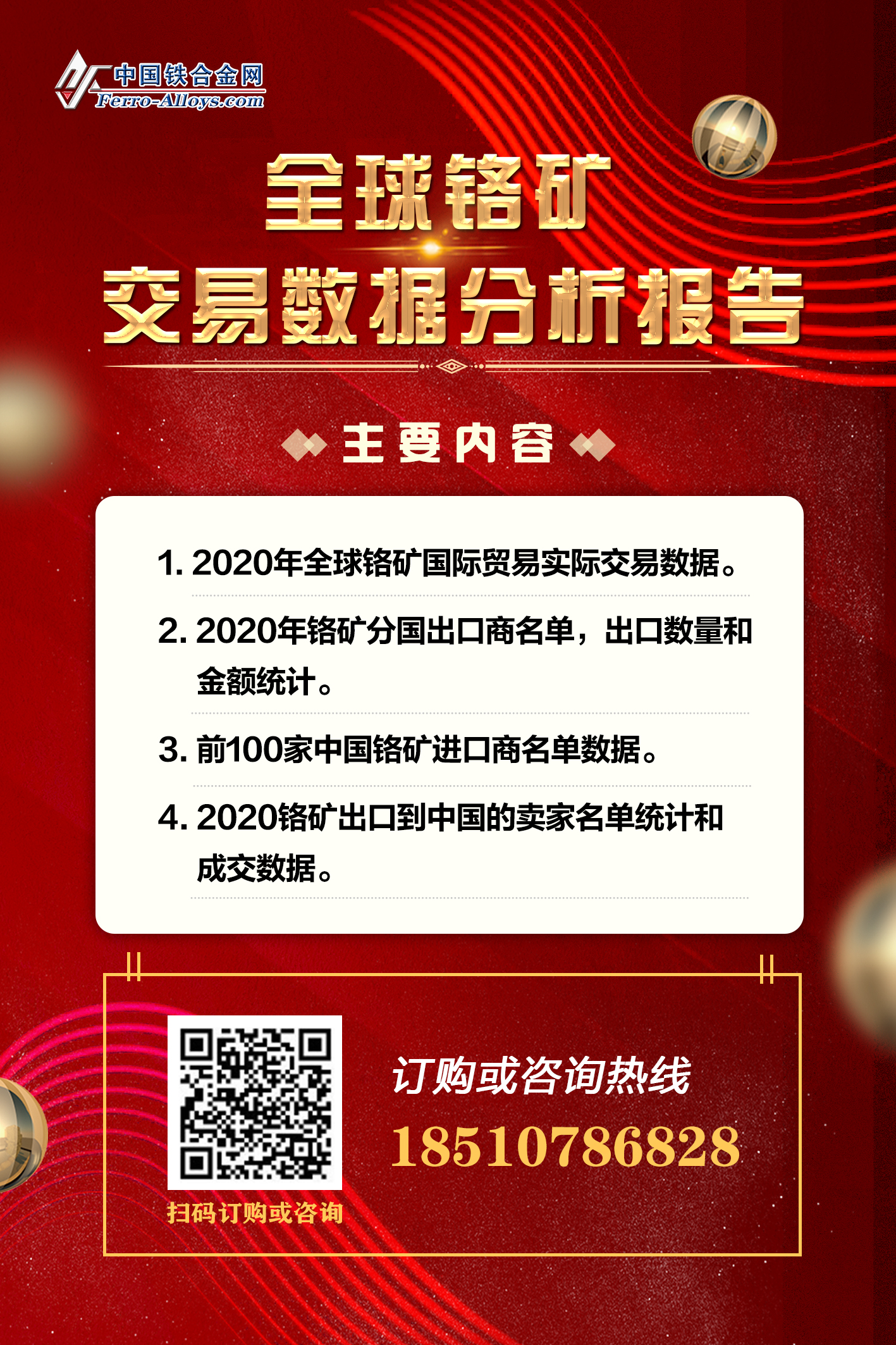Edwin Basson
Director General, worldsteel
2020 has been a year like few others. We have been and are still being confronted with many challenges. Many regions are also living through some political volatility, sometimes linked to COVID-19, sometimes not.
The solutions to these challenges are different around the world and will occur over contrasting time periods.
Most urgent is the need to return to more normal human and economic activity so that the global economy can start growing again.
Last year, China was the lone exception with robust economic performance. Other countries and regions have experienced negative growth in 2020.
The outlook has significantly improved with the development of vaccines for COVID-19 that will by all accounts start becoming available on a wider scale by Q1 2021.
This is the basis for the more positive economic picture we forecasted in our 2021 Short Range Outlook (SRO), where steel demand is expected to recover to 1,795 Mt, an increase of 4.1 % over 2020.
Of all the work we are doing, the area I am most proud of is our continuing strong efforts in safety.
We have always maintained the safety and wellbeing of our staff and communities is our number one value and the last few years have shown a continuing downwards trend line in both our fatality and our lost time injury frequency rate indicators.
This year we have carried out a lot of work on process safety management; however, we are also committed to mental health and wellbeing as a key area.
We are currently finalising a tool kit to support members, enabling self-assessment of mental health and the creation of improvement plans.
This October, the International Energy Agency (IEA) released its Iron and Steel Technology Roadmap.
This document set out a vision and priority actions, for our sector compatible with the Paris Agreement. Under the IEA’s Sustainable Development Scenario, direct emissions from the iron and steel sector should fall by more than 50% by 2050 relative to 2019. On the same pathway, the emissions intensity of crude steel production must fall by 58%.
In 2021, the production of steel remains a greenhouse and energy-intensive activity. However, the steel industry is committed to driving down the CO2 footprint from its operations and products.
There is no single solution to decarbonise our industry, and so we are taking a three-track parallel approach to enable industrial and societal transformation.
Our key actions are to:
- address the emissions from our own industry
- help our customers deliver innovative solutions through using our advanced steel products
- maximise the reuse, remanufacturing and recycling of steel products. by supporting material efficiency and the circular economy.
In 2019, the worldsteel Board of Members launched 'step up', a new industry-wide efficiency review process, based on leading practice, that focusses on the key efficiency levers of raw material quality, energy efficiency, process yield and process reliability.
The successful implementation of the step up methodology has the potential of reducing direct and indirect emissions by as much as 20% at the average ore-based steelmaking site, and just under 50% at the average scrap-based facility.
All worldsteel’s members have been encouraged to participate in the step up programme, and the broad adoption of the methodology across our industry will elevate the performance of all sites to levels commensurate with the very best performers.
The step up programme represents a key initiative in our industry’s journey towards net-zero emissions.
We all face many challenges moving forward, but our industry is already making headway in responding to these new pressures.
Fortunately, both the steel industry and steel as a product play an important role in driving the sustainability that society expects.
Source: worldsteel


Copyright © 2013 Ferro-Alloys.Com. All Rights Reserved. Without permission, any unit and individual shall not copy or reprint!
- [Editor:kangmingfei]



 Save
Save Print
Print Daily News
Daily News Research
Research Magazine
Magazine Company Database
Company Database Customized Database
Customized Database Conferences
Conferences Advertisement
Advertisement Trade
Trade















Tell Us What You Think